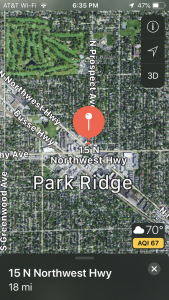Does your business have insurance to protect you against breaches of your cybersecurity? Turns out that’s not a simple “yes” or “no” question, and the answer changes constantly based on new cases being litigated and new types of breaches impacting companies.
Businesses need to take into account a wide range of factors in determining whether they have enough breadth and depth of insurance coverage to guard against any cyber liabilities. And it might be helpful to consult with an insurance broker who handles these types of policies.
First of all, you need to make sure you’re covered for your own damages resulting from such an incident. These can include the costs of forensic analysis to determine what happened, legal assistance, notification of individuals and regulators about a data breach, and any fines, penalties or other costs stemming from an enforcement action. Also, you need to be insured for any degree of business interruption.






